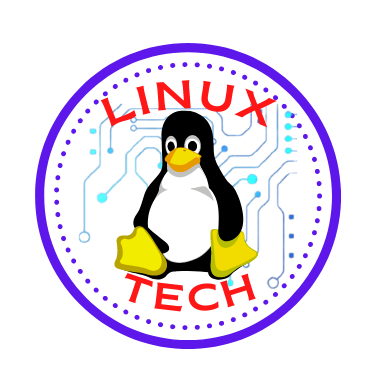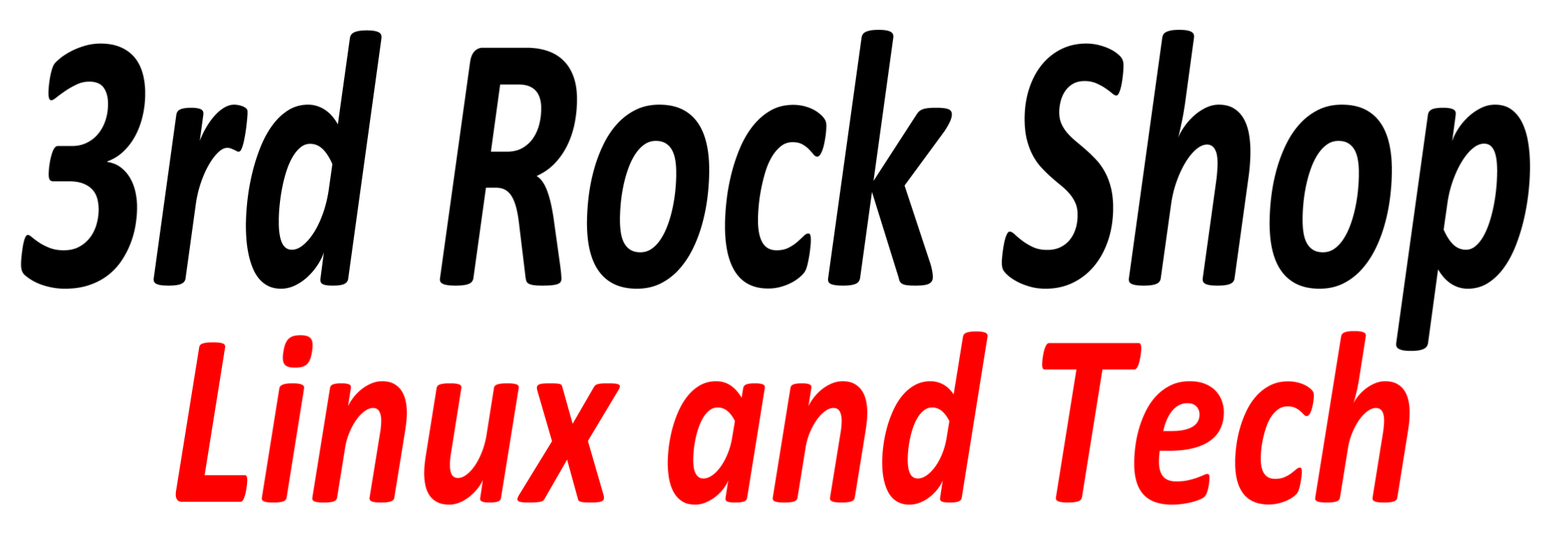Linux in everyday life
3 min readThe future of Linux holds exciting possibilities that will shape the way it is used in everyday life. As technology continues to evolve, Linux is positioned to play a pivotal role in various aspects of our daily routines, empowering individuals and organizations alike. Here are some ideas for the future of Linux and its applications in everyday life:
Smart Homes and IoT Integration: Linux will continue to be at the forefront of smart homes and Internet of Things (IoT) integration. As IoT devices become more prevalent in households, Linux-based systems will serve as the central hub for managing and controlling connected devices, making homes smarter, safer, and more energy-efficient.
Edge Computing and Real-Time Applications: The rise of edge computing will see Linux being extensively used in real-time applications. Linux’s capabilities in handling time-sensitive tasks will enable seamless automation, enhanced user experiences, and reduced latency in various industries, from autonomous vehicles to industrial automation.
Personal Computing and Productivity: Linux will continue to gain popularity as an operating system for personal computing. With user-friendly interfaces, seamless software updates, and a vast array of productivity tools, Linux distributions will provide a compelling alternative to proprietary operating systems for everyday computer users.
Education and Learning: Linux will remain an invaluable tool in the education sector, providing access to affordable and open-source software, educational resources, and online learning platforms. Its use in schools and universities will encourage digital literacy and foster a collaborative learning environment.
Entertainment and Media Consumption: Linux-based media centers and streaming platforms will offer immersive entertainment experiences, bringing together various content sources for seamless consumption. Linux will power smart TVs, multimedia devices, and gaming consoles, creating a diverse ecosystem for entertainment enthusiasts.
Mobile Devices and Wearables: Linux will continue to penetrate the mobile market, powering smartphones and wearable devices. The open-source nature of Linux will enable customization, flexibility, and security in mobile technology, leading to innovative and user-centric experiences.
Healthcare and Telemedicine: Linux-based healthcare solutions will revolutionize patient care and medical research. From electronic health records to telemedicine platforms, Linux will enable secure and efficient data management, facilitating seamless communication between healthcare providers and patients.
Sustainable Technologies and Green Initiatives: Linux will be instrumental in driving sustainability and green initiatives. Its lightweight and energy-efficient nature will support low-power devices, renewable energy management, and smart grids, contributing to a more sustainable future.
Space Exploration and Scientific Research: Linux will continue to be an essential part of space missions and scientific research. Its reliability and real-time capabilities will enable precise control and data processing for space probes, telescopes, and space exploration missions.
The future of Linux holds boundless potential in shaping everyday life. From powering smart homes and IoT devices to transforming education, healthcare, and entertainment, Linux’s adaptability and open-source ecosystem make it a driving force in various domains. As technology advances and new innovations emerge, Linux will continue to evolve, empowering individuals and organizations to leverage its capabilities for a more connected, intelligent, and sustainable world. With Linux as a foundation, the future promises a rich and exciting landscape of possibilities that will undoubtedly enrich and transform our everyday experiences.

